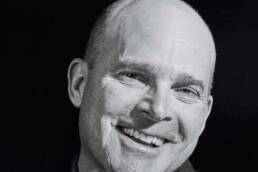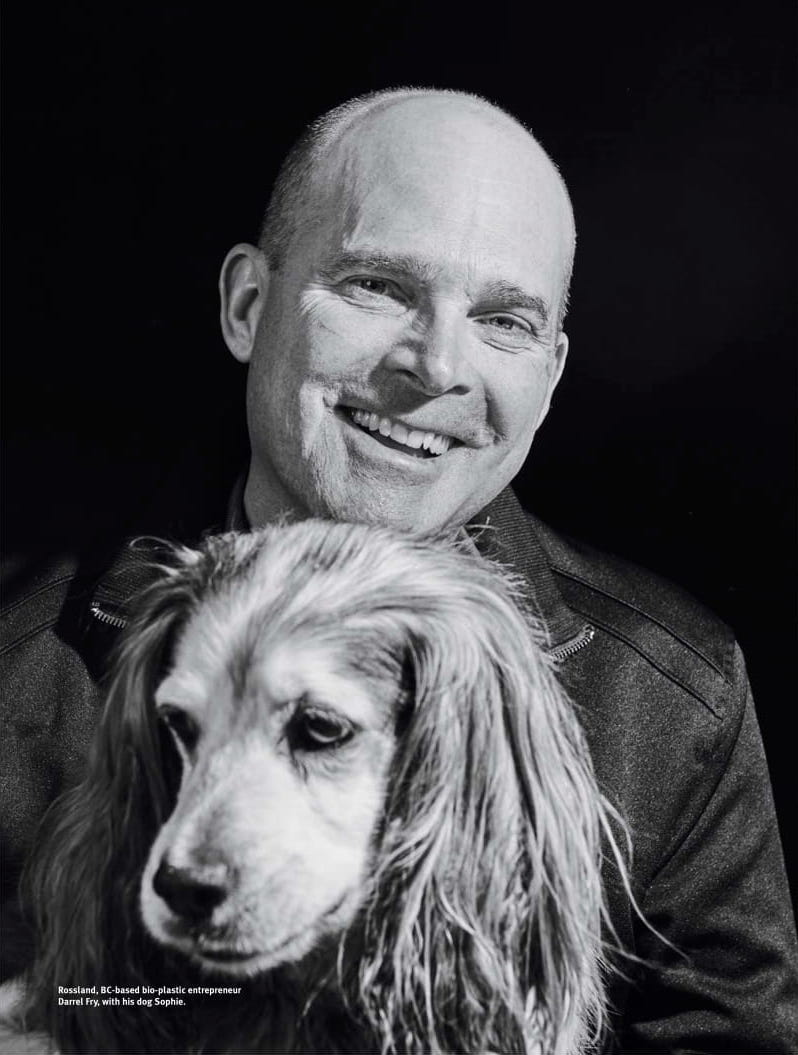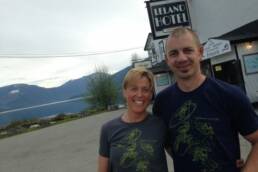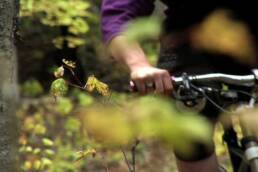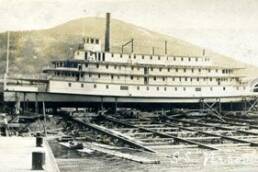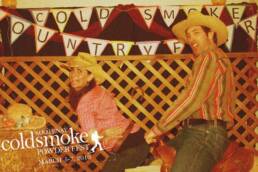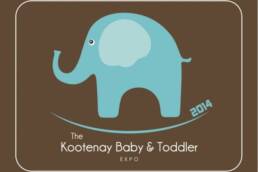Where some see the future as uncertain, or even imperilled, others see opportunity and hope. This Kootenay entrepreneur is boldly going where no plan has gone before, and he wants us all to come along. This story by Matt Coté first appeared in KMC’s Summer 2019 issue. Photos by Bryce Duffy.
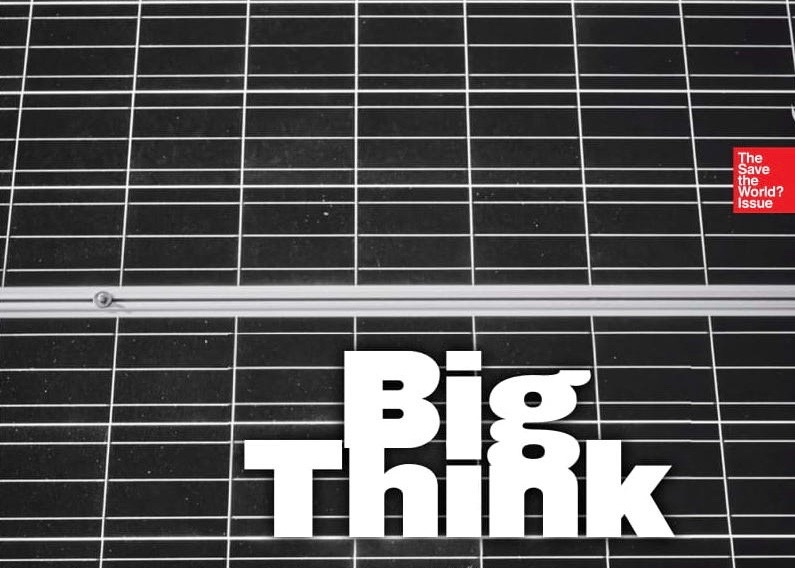
Fire. It is one of the first technologies humans ever used. Long before we knew how to start it, we scampered to harness naturally occurring flames to keep our torches burning. Eventually, we learned how to make fire on a whim and how to control it. From that moment on, we learned the truth about technology: it can warm the house, or burn it down. While it’s been eons since we discovered that duality of innovation, it remains the same today.An axe can split wood, or cause you to lose a finger. A car can get you across town, or put you upside down in a ditch.The energy in an atom can power entire nations, or blow up the world. In the spirit of continuing this ongoing dance of techno-optimism, where we forever hang our hopes on our species’ ingenuity and benevolence, we bring you the Kootenays’ leading tech champions. They are tackling some of the world’s biggest problems caused by said tech, with incredibly techie solutions.
Darrel Fry: Pulp Traction
In 1907, humans invented a new wonder material called plastic. It was defined by its ability to deform irreversibly without breaking. One of the adjoining properties, it turned out, was it didn’t breakdown in the environment. Flash forward to 2015, and we were producing over 400 million tonnes of it annually, with about two-thirds of that ending up in the ocean after a single use.
“There have been 9.6 billion tonnes of plastic created to this day,” says Darrel Fry, the Rossland, British Columbia-based CEO of a new company called Advanced Biocarbon 3D. The ambitious entrepreneur has teamed up with scientists who developed a way to make biodegradable plastics from wood, typically using wood like birch or aspen that’s harvested during forest practices but has no economic value. Though compostable bioplastics do exist, current ones are brittle and low quality. More importantly,they’re only industrially compostable:you have to apply heat and pressure to decompose them. “We want to make plastics you can put in your garden and they break down. Or if you put them in the ocean, they break down,” says the fifth-generation Rosslander.
The proprietary process he’s developing uses microbes to extract sugars from trees and turns them into polymers. These are then mixed with the tree’s own pre-separated lignin, an extremely tough fibre that’s heat, moisture, and chemical resistant. All the ingredients needed to produce an incredibly tough bioplastic are right there in wood. Fry insists his product is strong enough to make an engine piston out of it. “We are discovering how far you can take these plastics,” he beams. His initial push is to make 3D printing filament and injection plastic at a fraction of the cost and a fraction of the environmental impact of traditional iterations.
“We want to make plastics you can put in your garden and they break down. Or if you put them in the ocean they break down.” – Darrel Fry, Rossland Entrepreneur
Fry’s enterprise is close to his heart. After studying and working in finance for over a decade in Vancouver, he was called back by the inherent wildness of the Kootenays, where he decided to raise his family. He became a vegan, purged his home of all chemicals, and segued into a series of start-ups focused primarily on helping solve environmental problems.“We originally started a company called Climate Change Disruptors,” he explains.“We did a biofuels company with this technology in 2008. But the market wasn’t ready for it yet. I kept coming back to sustainable plastics.”
He posits that his manufacturing process is carbon negative because it uses locally harvested “waste” wood from the forestry industry. He believes his process nets less carbon in the atmosphere by putting it back in the ground through decomposition rather than letting it off gas from a dead tree. The trick is in the definition of “waste wood.” Advanced Biocarbon 3D is not just picking from slash piles but rather harvesting living deciduous trees that otherwise get left standing during clear-cutting. “It’s a little bit of a slippery slope,” he admits. “And I know our website says we currently use waste trees, but essentially that’s what birch, poplar, or aspen trees end up being. Those are the trees we’re creating a market for.”
While the idea of cutting down forests to make plastic is questionable, as are current clear-cutting logging practices in British Columbia, which Fry’s business relies upon, he notes there’s a number of ways to supply trees. They could eventually be salvaged as opposed to purpose cut, or harvested through more sustainable practices like select cutting. That model’s just not in place right now. The fact remains, though, that if it’s made from responsibly sourced wood, this new plastic could hold enormous promise simply because, unlike all other plastics, it will go away.
This is the first in our series called “Big Think” celebrating technological entrepreneurs in the Kootenay region. Matt Coté is a technological agnostic based in Revelstoke, British Columbia. He believes if there is a second coming, it’ll be a robot.
Matt Coté
Matt is the associate editor at Forecast. He's been penning and editing ski, adventure and mountain culture-based stories for over a dozen publications for the last decade.
Related Stories
Kootenay Coldsmoke Yeehaw!
Another year of Kootenay Coldsmoke Powder Fest good times goes down in the history books. As the MC for the Powderkeg…


